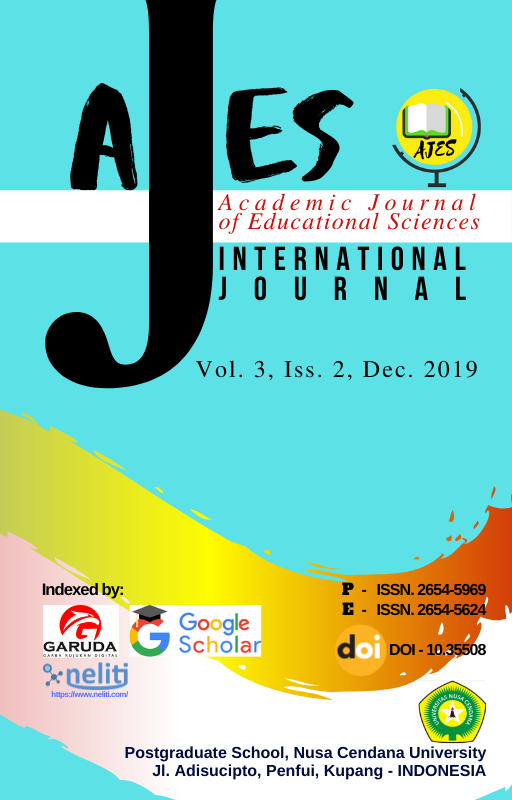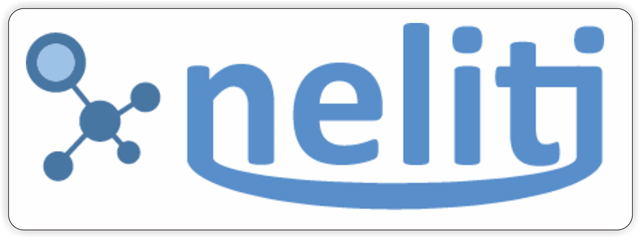THE CONCEPTUALISATION OF MANGGARAI SPEECH COMMUNITY ON HOUSEHOLD ECONOMIC WELFARE
Abstract
This study describes the conceptualisation of Manggarai people as members of Manggarai speech community on household economic welfare, with special reference to the forms and meanings of language they employ in verbal expressions in the texts of ritual speeches as cultural discourses. This is a descriptive study. The methods of collecting data were observation, interview, focused-group discussion, and documentary study. The sources of primary data were members of Manggarai speech community represented by five key informants. Data were analysed qualitatively by using inductive method. The results of study show that the forms and meanings of Manggarai language used in verbal expressions in the texts of cultural discourse in Manggarai language are specific to Manggarai culture as they reflect the conceptualisation of Manggarai speech community on household economic welfare. As onceptualised in the cognitive map of Manggarai speech community, the indicators of household economic welfare are designated by having meals three times a day, the availabity of full corn and rice as food stuff, the availability of vegetables in the farm lands, the availability of pigs and chickens raised.

 Fransiskus Bustan(1)
Fransiskus Bustan(1)







